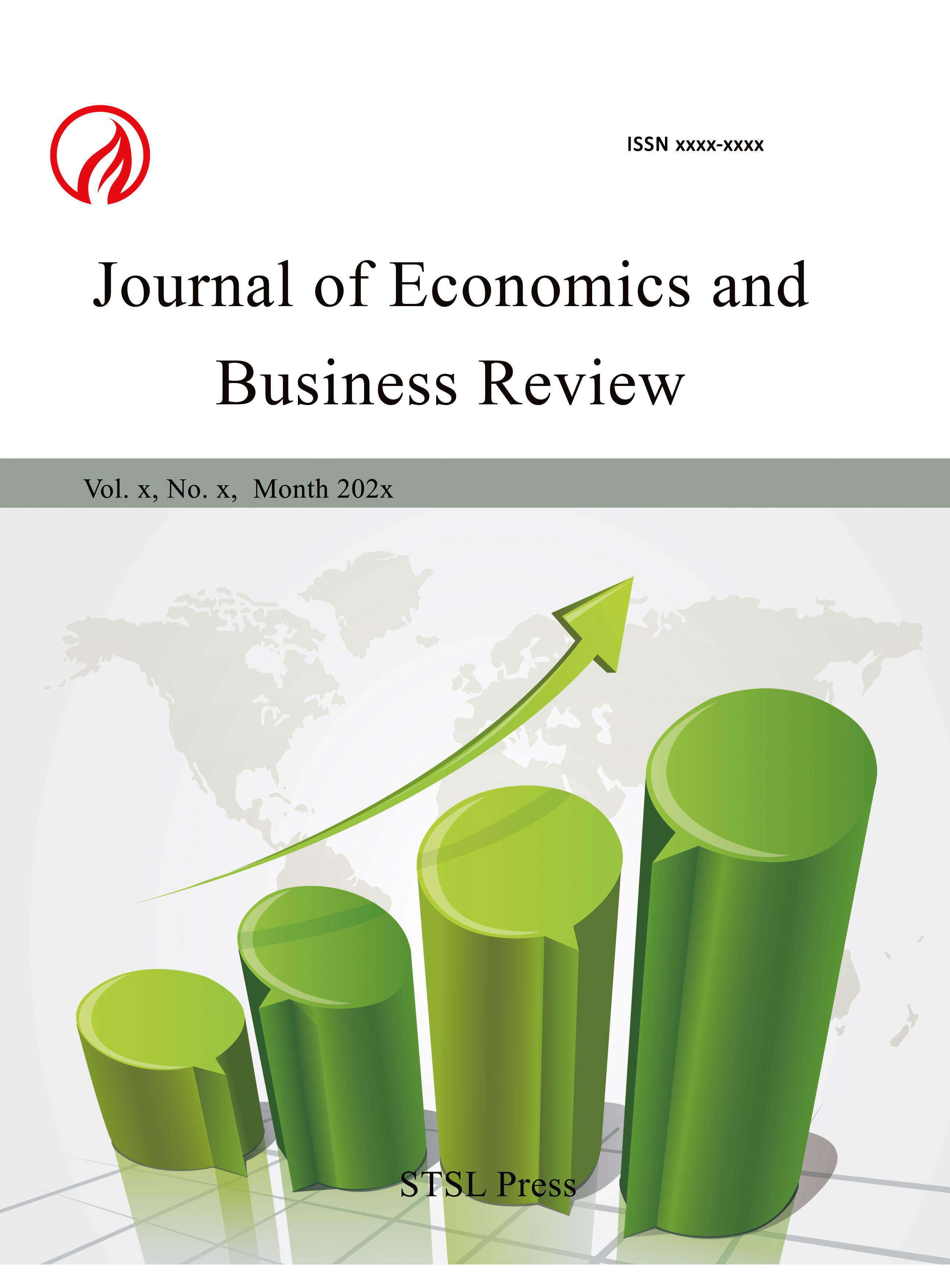Impact of Foreign Direct Investment on Economic Growth in Nigeria
Magaji Ibrahim Yakubu
Zechariah Wanujeh
Abstract
The world is a global village, as the economy of nations interrelates with one another; people take goods and services from one country to another for economic benefits. It is one of the viable tools that promote economic activities among nations. Hence, this study examined the impact of foreign direct investment on economic growth in Nigeria for the period of 1986-2022. It used time series data sourced from Central Bank of Nigeria Statistical Bulletins and World Bank Development Indicators of 2022. It applied Augmented Dickey Fuller (ADF) test which revealed that I(1) and I(0) order of integration existed among the studied variables. The ARDL F-bounds test revealed that long-run equilibrium exists among the variables. In addition, the main Autoregressive Distributed Lag (ARDL) model applied ARDL. Also, the error correction mechanism (ECM) confirmed long-run equilibrium in the analysis which indicated that the model will adjust by 62% to go back to equilibrium in the long run. This phenomenon would be adjusted back to equilibrium in one (1) year and seven (6) months based on the outcomes of the estimation. In the long run, the results revealed that foreign direct investment has positive and significant impact on economic growth. However, in the short-run result, it has positive and insignificant effect on economic growth in Nigeria. Hence, the study recommended among other things that export diversification policy, agricultural policy should be made by government to increase output growth for improvement in non-oil sectors of the economy.
Paper:
pdf
DOI:
https://doi.org/10.71002/jebr.v1n1p1
 This work is licensed under a
Creative Commons Attribution 4.0 License.
This work is licensed under a
Creative Commons Attribution 4.0 License.
Contact us
- Helen Rane
- jebr@stslpress.org
